Double Oscar Nominee Shane Boris On His ‘Fire Of Navalny Love’ Experience And How A Sandwich Changed The Course Of His Career
- Oops!Something went wrong.Please try again later.
- Oops!Something went wrong.Please try again later.
- Oops!Something went wrong.Please try again later.
- Oops!Something went wrong.Please try again later.
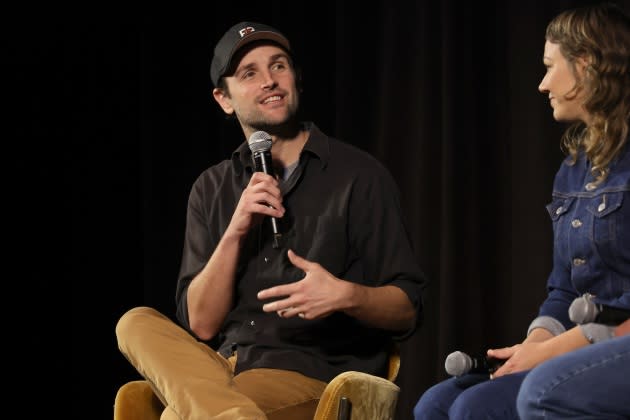
Oscar voters scanning their final ballot may do a double-take when they get to Best Documentary Feature: the name Shane Boris really does appear twice in the same category.
Boris is nominated as a producer for both National Geographic’s Fire of Love and CNN Films’ Navalny, a rare achievement in documentary that pairs him with the likes of Walt Disney, who was nominated in 1942 for two nonfiction shorts.
More from Deadline
“As far as having two [nominations]… gosh, I feel lucky and grateful,” Boris tells Deadline. “More than anything, I feel this gratitude and camaraderie for everyone who made it possible… for everyone else that works in the teams with me.”
That modesty is one of the qualities that makes Boris among the most successful producers in nonfiction cinema. Often, a producer must embrace a certain degree of self-effacement for a project to reach its potential.
“I think the work of a producer is so much about trying to intuit and understand what the director’s vision is and how to make that happen and how to actualize it,” he explains. “And you have this process of sort of selflessness as an actor in that encounter.”
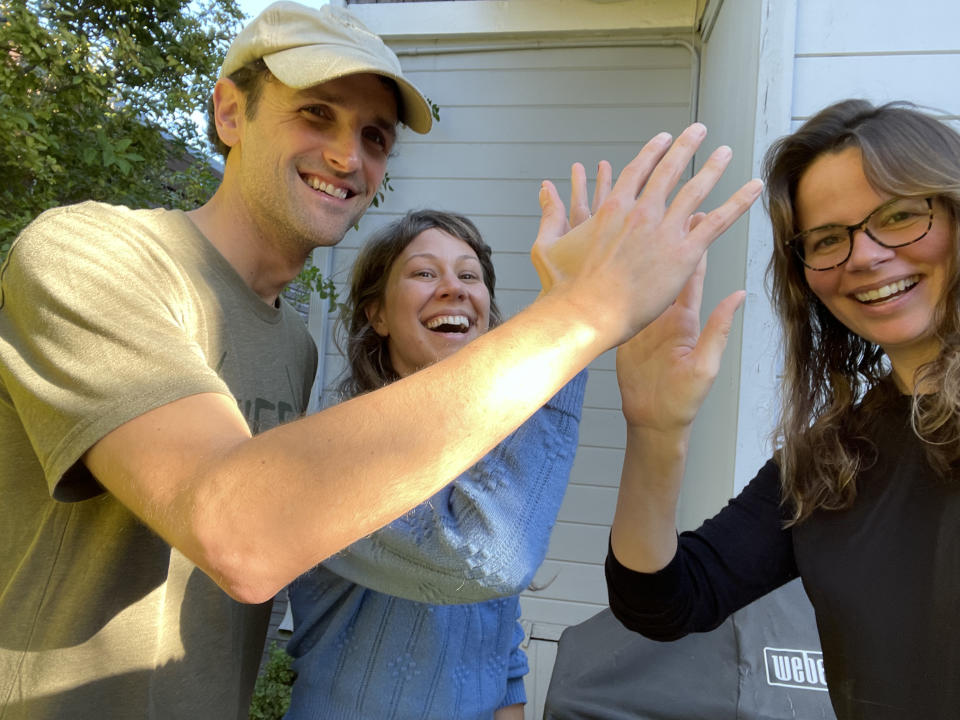
For Fire of Love, Boris collaborated with director Sara Dosa and fellow nominated producer Ina Fichman, among others, on the story of scientists Maurice and Katia Krafft, a married couple whose passionate study of volcanoes ultimately led to their deaths in an eruption in 1991. On Navalny, meanwhile, Boris worked in concert with director Daniel Roher and fellow nominated producers Odessa Rae, Diane Becker, and Melanie Miller. That film centers on Russian opposition leader Alexei Navalny, whose criticism of Vladimir Putin made him the target of a near-fatal poisoning attack.
The differing nature of the films demonstrates Boris’s range as a producer – one is a past tense story of doomed lovers, the other unfolds mostly in the present tense.
“The way I work is it’s definitely not a movie mill,” he says. “Really, every project is its own very delicate, very important being that I try and relate to, and listen to, and understand and build processes in real time with them.”
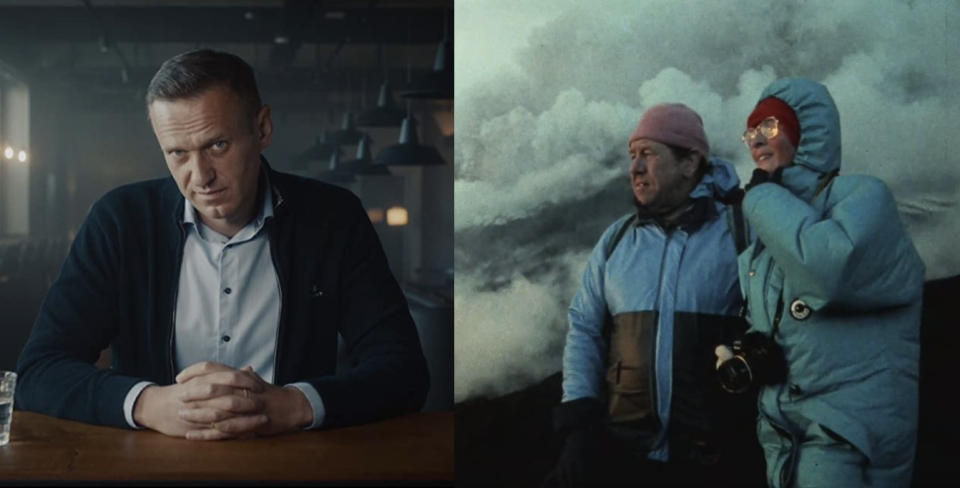
Despite ostensible contrasts between Fire of Love and Navalny, Boris identifies some similarities.
“I was very conscious of a thematic relationship between them… a shared embodiment of fearlessness in the main protagonists of both films,” he notes. “You have Alexei fearless in the face of authoritarianism and sort of a fight for a better political and social future for his country. And then Katia and Maurice, of course, fearlessness in the face of existential uncertainty and the forces of creation and destruction. And when that exists within a person you can have extraordinary outcomes — the lives that they live rise to a place of inspiration and being deserving and worthy of attention.”
Boris got into film production somewhat accidentally. “I went to graduate school in New Delhi, India. I was studying in Jawaharlal Nehru University,” he says, with the intent of pursuing a career possibly “in academia or work as a diplomat.” On one occasion, he booked a flight to India that wound up being canceled. Irate passengers, he recalls, took out their frustrations on the gate agent.
“I think his name was Ramon, if I remember correctly. He was looking completely beleaguered and just horrified at what he had to deal with. So, I bought him a sandwich. It was the only thing I could think to do,” he says. Ramon later rewarded that act of kindness by upgrading Boris to business class. On the rescheduled flight, the grad student sat next to a film producer, Andy Spaulding.
“He was going to make a movie called Before the Rains in Southern India,” Boris recalls. “He showed me a script that he was working on and when we had our layover in Frankfurt I told him what I thought, and he just said, ‘You should come on set and shadow me and take a look at what this film business is all about.’”
Boris didn’t focus entirely on film production right away, but he facilitated creative endeavors in a variety of fields.
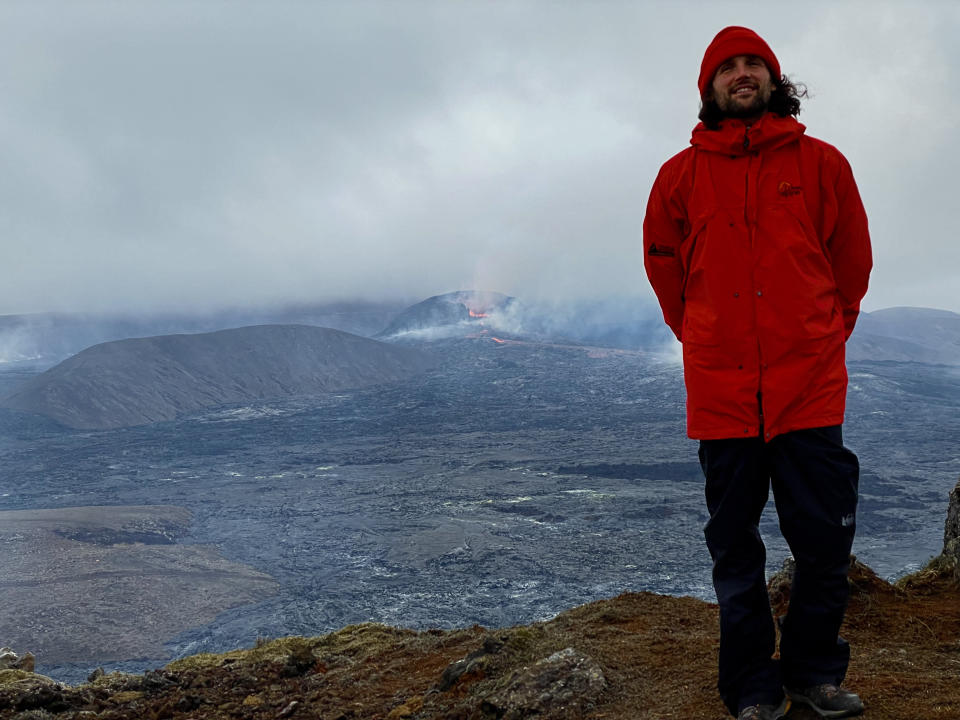
“I had all of these various jobs, but what I ended up spending most of my time on was just having conversations with friends about their work and helping them think through what they needed to do to execute their job at a higher level,” he says. “I helped people who were starting up medical technology businesses, or I helped conceptual artists with their pieces. I helped musicians strategize about their career or write lyrics for their songs. Whatever world I found myself in, whoever I connected with creatively, I would just be a partner for them in their creative process and their strategic process.”
Those skills have become very useful in documentary production, which requires the capacity to maneuver between creative and technical demands.
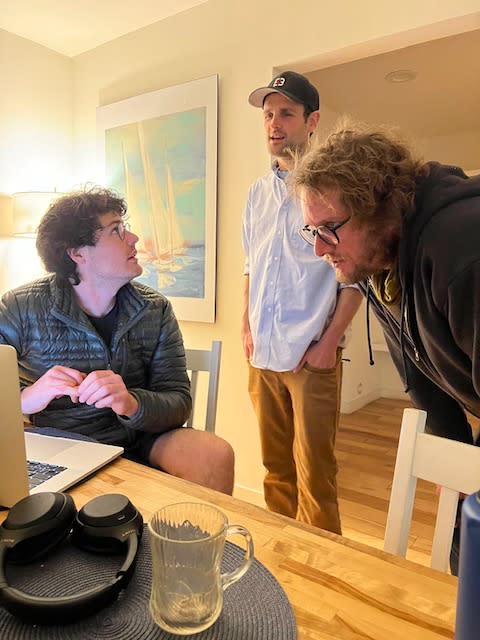
“It’s a balance of creatively going as far down any rabbit hole as necessary… to find the portals through to new terrain, while simultaneously being cognizant of and efficient in how you work, making sure things are going as far as they need to, but not further than they need to go creatively, so that it doesn’t extend past what is capable in the budget or it doesn’t burn everybody out so that they’re not able to work effectively the next day,” he says. “There’s a real two-sided mind and heart [dynamic] where it’s everything for the creative, and then making sure that on a more logistical level that’s able to happen.”
Boris earned his first Oscar nomination in 2020 for producing Petra Costa’s documentary The Edge of Democracy and has now trebled his nomination total with Fire of Love and Navalny. He says his filmmaking “families” get along well, despite what on paper might appear to present a rivalry.
“We’ve sort of coined the term ‘Fire of Navalny Love,” he says, “but that speaks to the relationship we have between the teams. And I have no reason to believe it will be anything other than that up until the very last minute and beyond.”
Best of Deadline
Sign up for Deadline's Newsletter. For the latest news, follow us on Facebook, Twitter, and Instagram.

